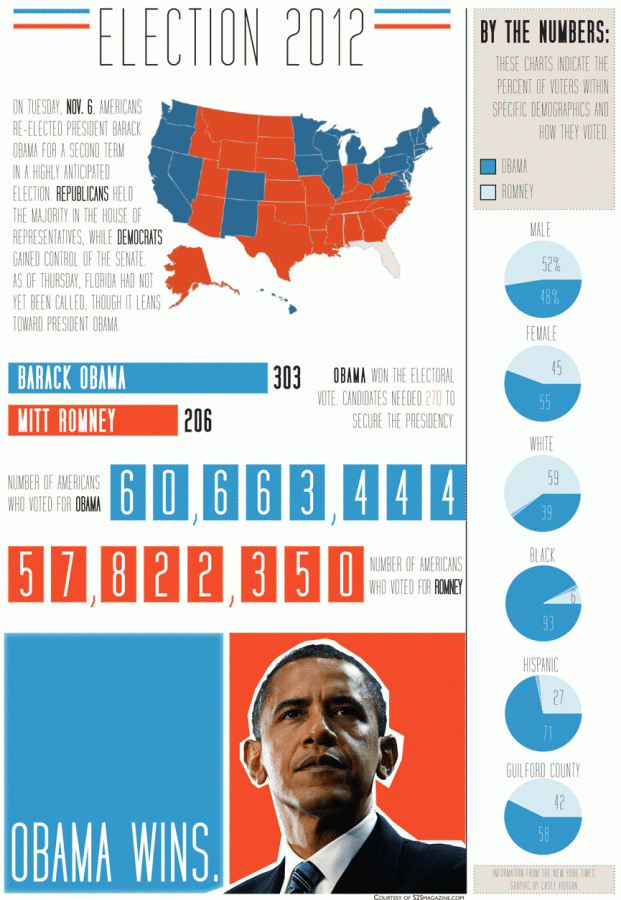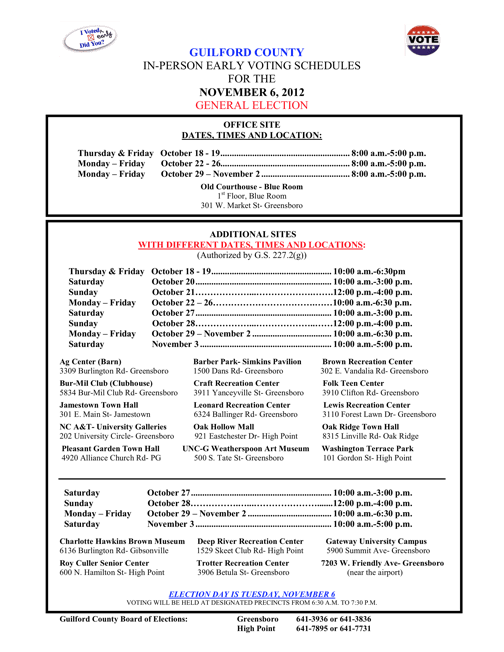To what extent do words matter?
This was a question many Americans asked after President Obama’s second inaugural address, delivered on January 20.
The speech celebrated the U.S. and its history, mentioning current concerns and continuing social justice movements — even those considered as controversial.
Among these were the Stonewall riots of 1969, which protested police raids at the queer-friendly Stonewall Inn in Greenwich Village. Also named was the struggle to end gender-based pay-discrimination, and the movement for fair immigration policy was highlighted.
The Seneca Falls Conference in which women fought for their right to vote, marriage equality, the civil rights movement, the termination of slavery and the growing concern for global climate change were also noted American causes.
For many, the speech will be remembered as the first inaugural address to use the word, “gay” especially in the context used by President Obama when expressing his support of marriage equality.
The president also made allusions to gun control and the recent Newtown tragedy saying, “Our journey is not complete until all our children — from the streets of Detroit to the hills of Appalachia to the quiet lanes of Newtown — know that they are cared for, cherished and always safe from harm.”
Jada Drew, Guiford Africana community coordinator, says that what she remembers most from the speech was the president’s call on the country the country to “come together more.” Drew specified that “coming together” involves “understanding everyone’s struggle.”
Associate Professor of Political Science Maria Rosales said the speech was “trying to change who we think of as our ancestors” and to include people who are “engaging in trying to change the status quo.”
Rosales continued, “Some political scientists think he was laying out a more liberal agenda because he doesn’t have to run for re-election. He’s not going to become a radical overnight.”
The president addressed the current issue of immigration saying, “Our journey is not complete until we find a better way to welcome the striving, hopeful immigrants who still see America as a land of opportunity… until bright young students and engineers are enlisted in our workforce rather than expelled from our country.”
Jorge Zeballos, Latino Community Program Coordinator, was “pleased to hear (President Obama) speak so strongly about (immigration).”
Zeballos continued, “I think the level of participation and support he received from the Latino community made it clear that he couldn’t continue to ignore immigration”.
While the speech left some with a sense of optimism, others expressed surprise by his bold presentation of a progressive agenda and saw his speech as divisive.
On a radio appearance, New Jersey Governor Chris Christie offered criticism of the address saying it was “a manifesto for, ‘Hey, it’s my way or the highway’… ”
Sen. Mike Lee, R-Utah said that, throughout the speech, the president “chose to divide us as a people.”
Sophomore Alexander Morales, treasurer for the Guilford College republicans club, said Romney should have delivered a speech “more down to earth.”
Morales said he is anxious about the next four years.
“Words matter a lot when they shape what people consider ‘legitimate’ politics,” said Rosales.
Obama laid out the issues he intends to have a seat at the table of “legitimate in the coming four years. Now, the world waits to watch his commonly-identified “liberal agenda” unfold.














